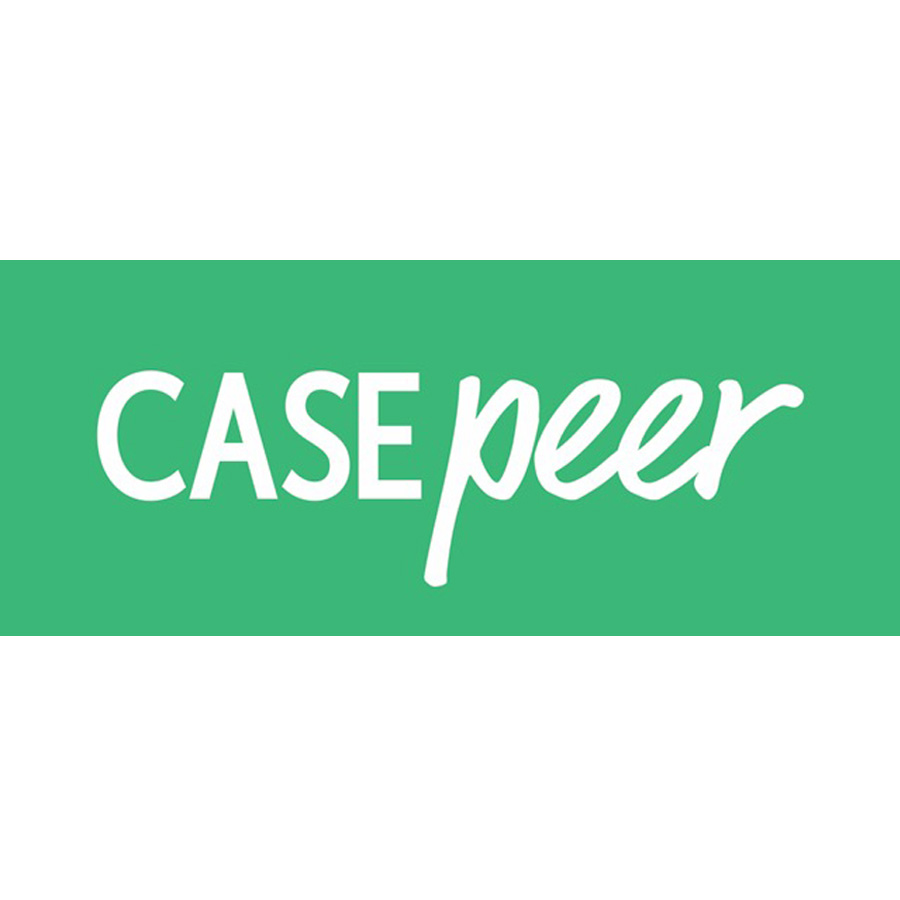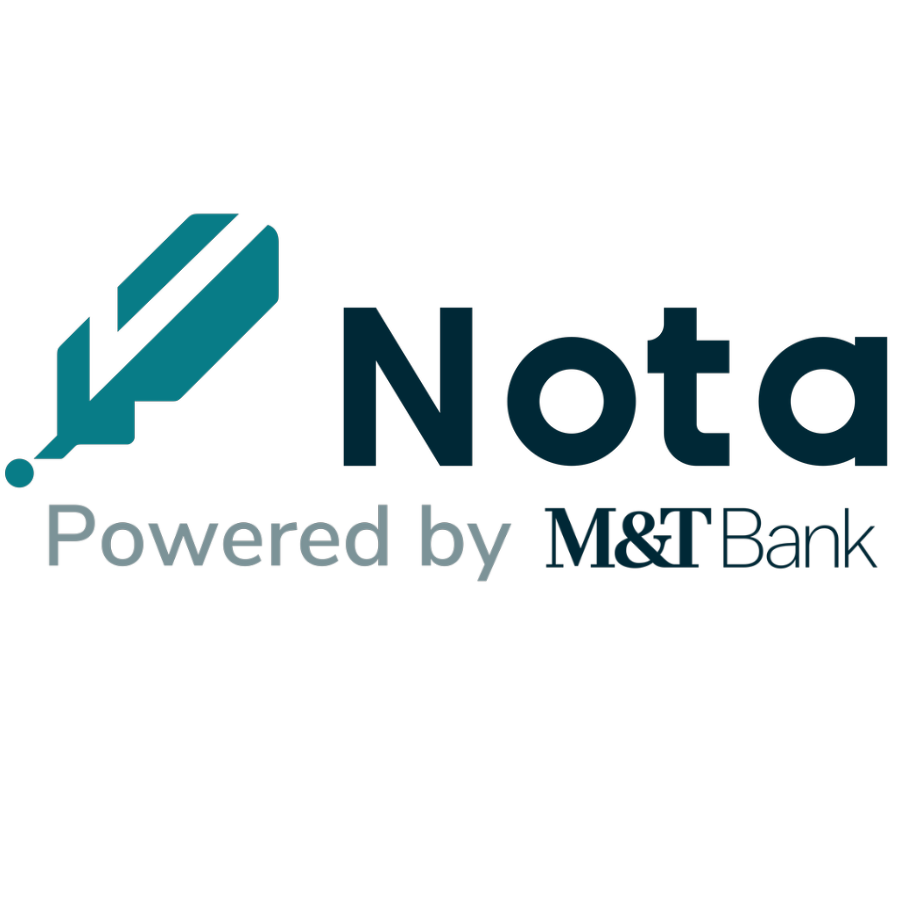I’m recently back from the Cloud9 conference, put on by practice management software company Clio.
This marks several years in a row I’ve attended the conference, and it continues to get bigger and bolder.
So what makes the Clio Conference so special? Before we get to answering that we need some background as to what sets Clio apart from other practice software management companies – so let’s discuss Metcalfe’s Law.
Making The Web Run
Most people are familiar with Moore’s Law – the observation that the number of transistors in a dense integrated circuit doubles about every two years. It’s why computers got faster, more powerful – and then smaller and smaller until we all started carrying one around in our pocket. Moore’s Law has managed to penetrate the popular conscience and is often touted as the one of the primary foundations for the success and growth of Internet.
But many people are unfamiliar with the other law that makes the Internet work – Metcalfe’s.

Metcalfe’s Law is a concept used in computer networks to exhibit the value of a network. Metcalfe’s Law states that a network’s value is the square of the number of nodes in the network. For example, if a network has 10 nodes, its inherent value is 100 (10 * 10). The nodes can be computers, servers and/or users. The square (x2) is what gives these networks exponential power. The greater the number of nodes, the greater the value.
Which should lead to an immediate and fundamental conclusion:
- The larger the size of a network the more valuable it becomes;
- Also, the larger the network the more difficult it becomes for other networks to match it in size given a finite size of nodes;
- And, if it is difficult to match the network in size – it follows that it is difficult to match the network in value.
This is one of the great unspoken dirty little secrets of Silicon Valley and the Internet. It’s that most successful network companies are natural monopolies. It’s a tendency of the network effect. The greater the density of users the greater the value. It’s why despite everyone hating Facebook no one gets off of Facebook.
Why? The cost of switching away from one of these networks is detrimental. Not because a different network can’t provide similar functionality, it’s that a different network can’t replicate the nodes in an existing network. Facebook is largely valuable, not because of its software, but because of the number of people on their platform.
Metcalfe’s Law is what allowed numerous Silicon Valley startups to become ubiquitous in a few short years: Netflix, Uber, Google, Facebook, etc. These companies are default platforms that enjoy economies of scale and functionality that only comes with a large user base. Their value is their network’s value.
And the value is not only for the companies, but their customers and users benefit in value creation as well. Network company customers benefit as they are given better infrastructure, better functionality, and better opportunities that come with a large network.
For example, Uber would be largely useless if there were only a handful of drivers in every city. Instead Uber’s customers have better infrastructure, better functionality, and better opportunities because of the size of Uber’s network. It’s valuable because users know they can be almost anywhere, pull out their phone, touch Uber, and have a car within five minutes. It’s easy to use, enjoys economies of scale, and has become near ubiquitous in its use – in a the space of five years it has replaced the use of the word ‘taxi’ (my 10 year old son only vaguely knows what a taxi is).

Clio: The Operating System of Law
The concept of using software to manage a law practice is a new one. It’s barely over a decade old. Yet the speed of advancement and adoption of computers and software continue to accelerate at an incredible rate. Even in the addicted-to-precedent and “that’s the way we’ve always done things” legal industry.
And given Metcalfe’s Law, it was likely inevitable that one practice management software company would emerge as the network leader in the industry. If you haven’t guessed already, that company is Clio.
With over 150,000 users on it software, Clio is able to learn, adapt, and understand its users at a scale that other companies cannot match. There is a reason that Jack Newton, Clio’s CEO, has been referring to Clio as “an operating system for the law.” It’s a bold statement, but is also an understanding and recognition of the power of Clio’s network effects and evolution into a backend platform that is powering a significant portion of the industry (see the 200+ other software companies that make sure they integrate with Clio).
By having the largest network of users of solo small firm attorneys in the legal industry, Clio is able to extract valuable information from that network. Clio uses this to try and fundamentally understand and improve the back and operational aspects of a successful law firm.
That means choosing to use Clio is not just a “one among many” choice between competing case management software companies. Choosing to use Clio is a strategic advantage in comparison to other practice management software due to the power of the network effects it enjoys.
If you want your law firm to have access to best practices in case management, improving efficiency, and billing more hours that comes with economies of scale, you need to be a Clio user. If you need another example of why Clio is so confident in their platform, go read the Clio Legal Trends Report. Clio has years of data from 10,000s of customers as to what drives a successful law practice. And they’re so confident in their position, they give this data away for free.
And a final testament as to Clio’s value as a network, and not just as a practice management software company, consider that 30% of conference attendees do not even use Clio. People attend because they recognize the value Clio provides in terms of a network infrastructure – even if that only means gathering together innovative and forward thinking attorneys once a year.
As someone who attends lots of legal conferences, I assure you there is not a gathering of more forward thinking lawyers anywhere in the country.
LawyerSmack
This was also one of the best LawyerSmack weekends so far. Saturday evening before the conference we had a private, members only get together of about 20+ people at Stone Brewing (aside, I’d estimate that about a quarter of members who showed up don’t use Clio in their practices). We had a low key evening of getting back together and meeting new people for the first time.

During the conference, we had a nice homebase in the media area. We helped Brian run RedditAMAs and just had a fun space for folks to come back to and chill out during the conference. One member pulled me aside and told me how much she appreciated having a space where she could come back and reconnect/recharge during the conference.

And then there was the Monday Night Secret Party.

Which…was not so secret. We hit fire Marshall capacity in short order and weren’t allowed to let any more people in. My apologies if you came by and couldn’t get in. This is kind of a trend for LawyerSmack at the Clio conference – last year we drank the hotel where we were having the party out of champagne. Ain’t no party like a lawyer smack party.
But the party is only possible because of our great sponsors and partners with LawyerSmack.
LawyerSmack’s partners are what allows us to throw such great (and free) events for hundreds of people. Without them, we wouldn’t be able to make this happen.
And we certainly wouldn’t be able to do this without the LawyerSmack community. Year after year, people join LawyerSmack – they meet, connect, refer, and commiserate. They, eat, drink, and support each other. Online, in-person, and everywhere in between.
It’s been a total privilege for me to be able to play host to so many amazing lawyers from around the country and around the world. I can’t imagine doing anything else.
See you at next year’s Clio Cloud Conference (and I promise we’ll be somewhere 3x as big to fit everyone).
Onwards and upwords.




















